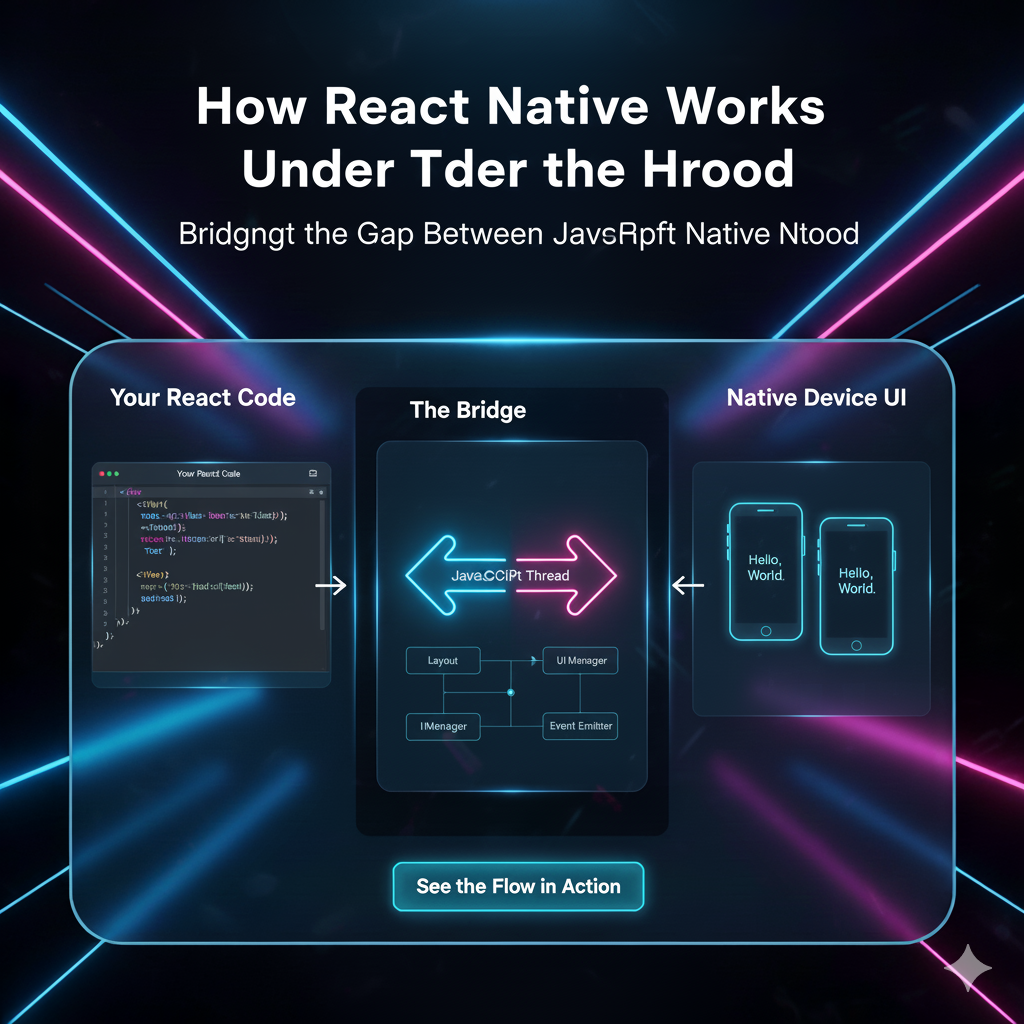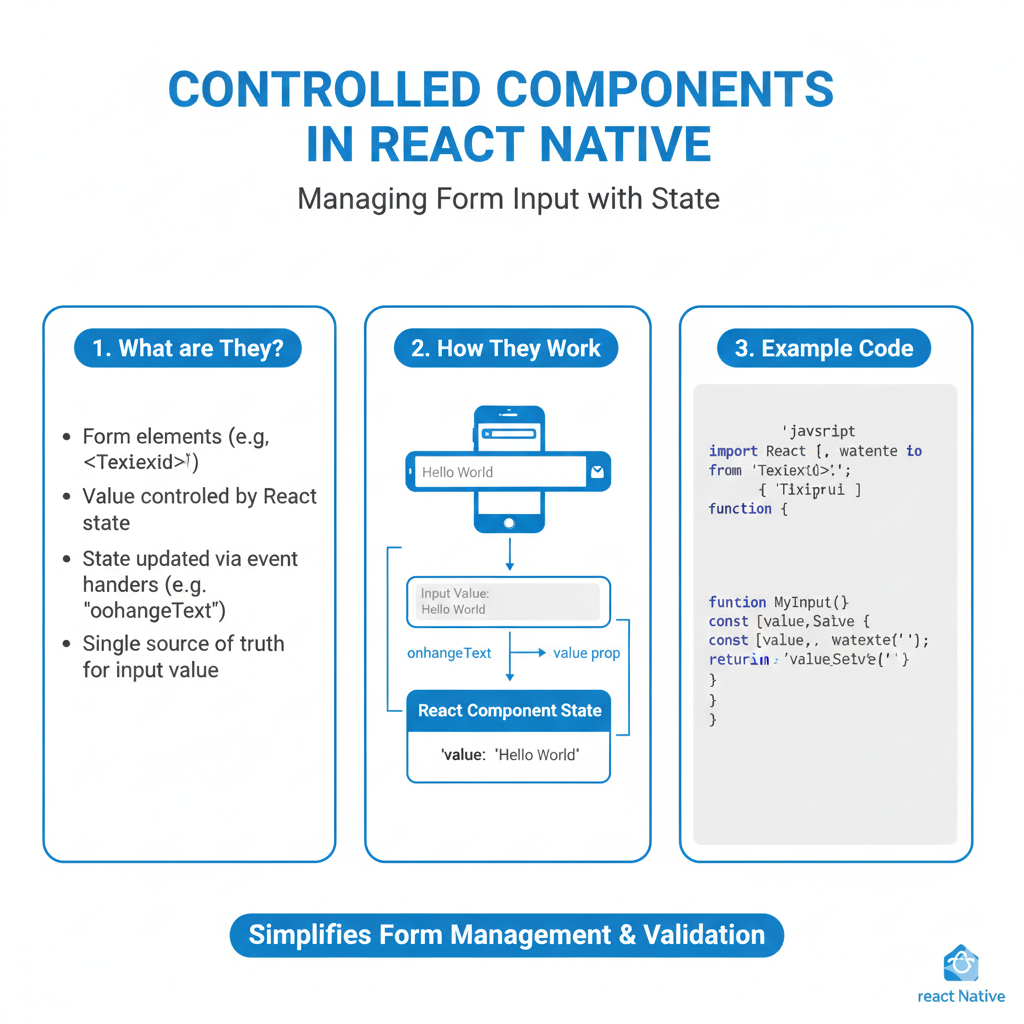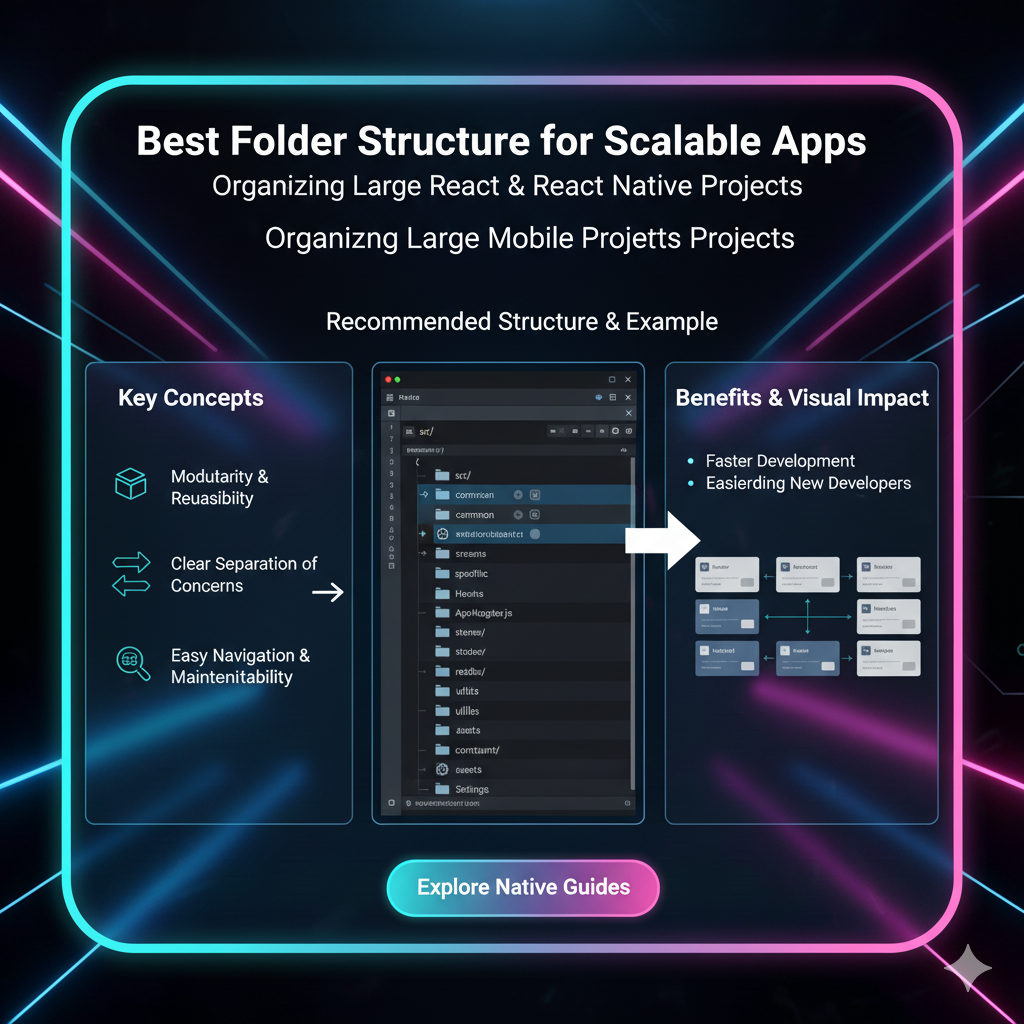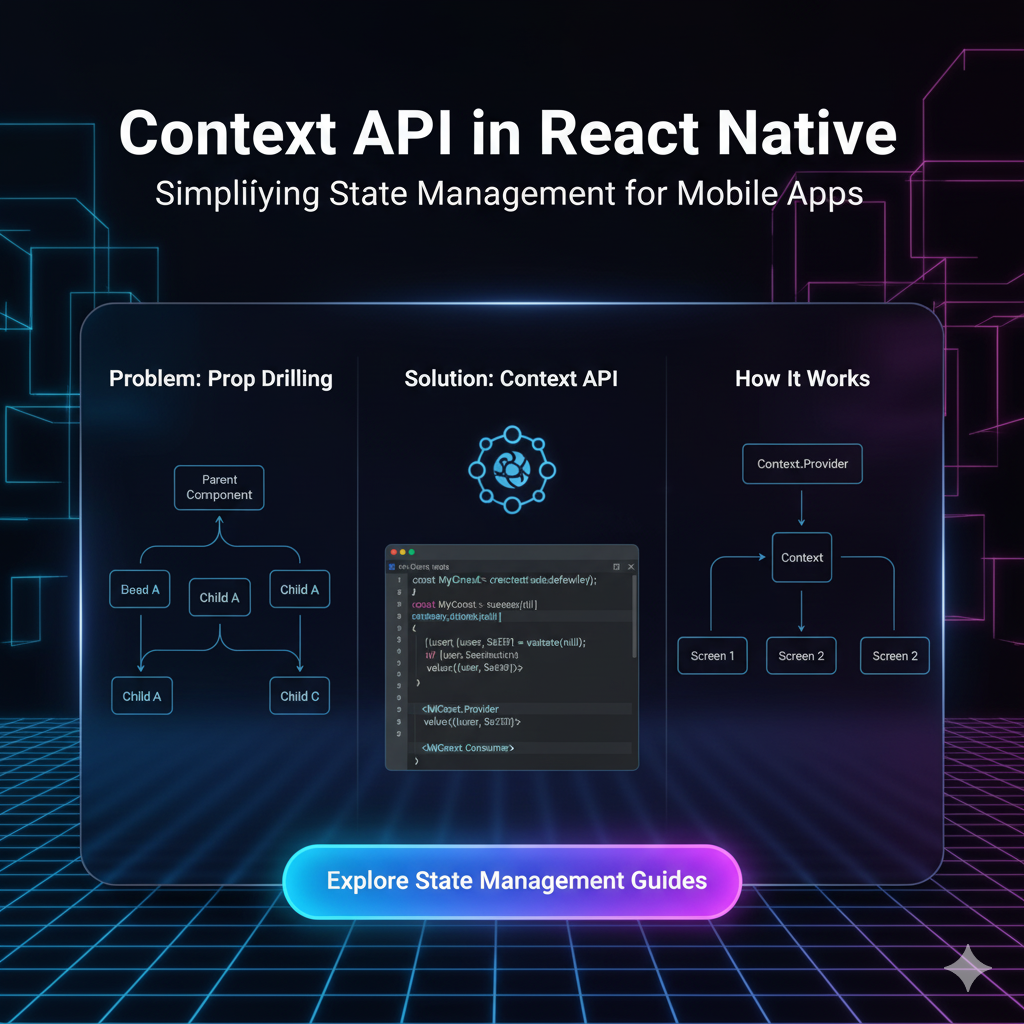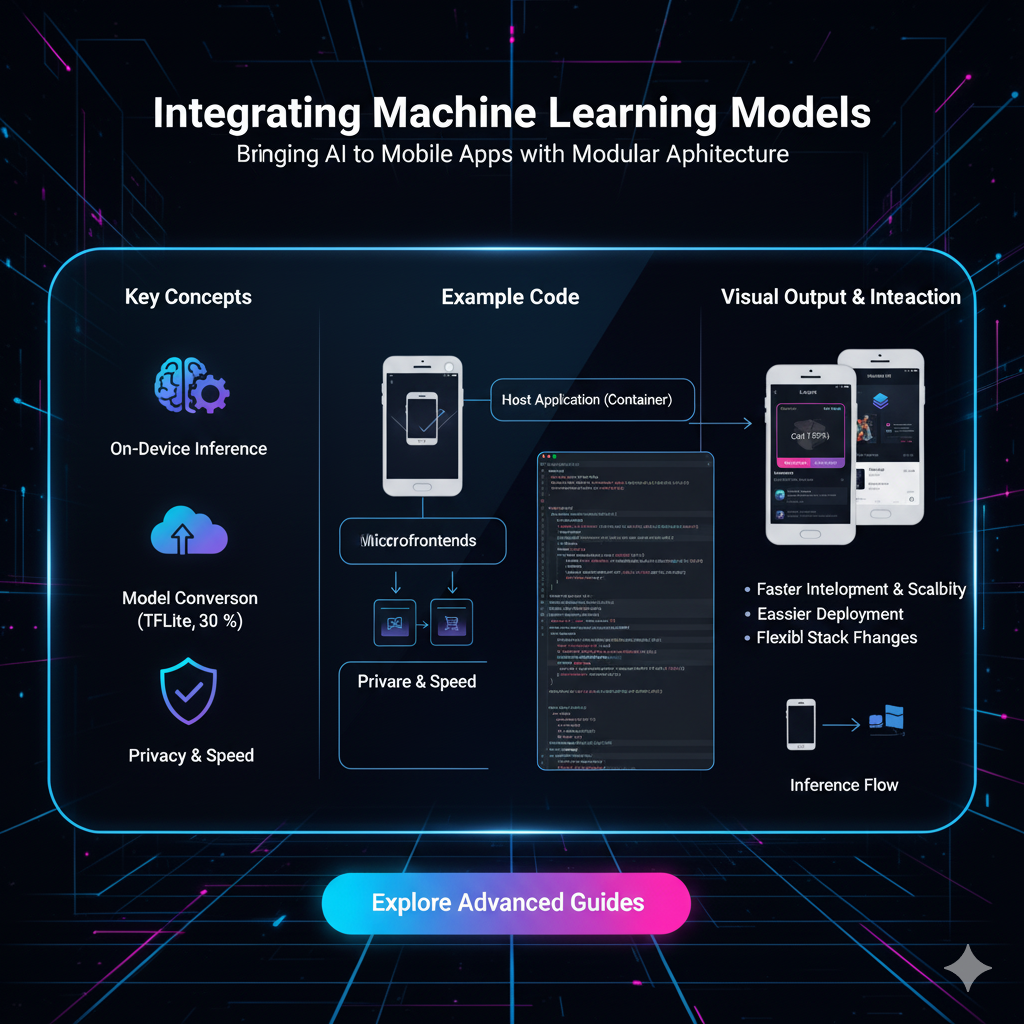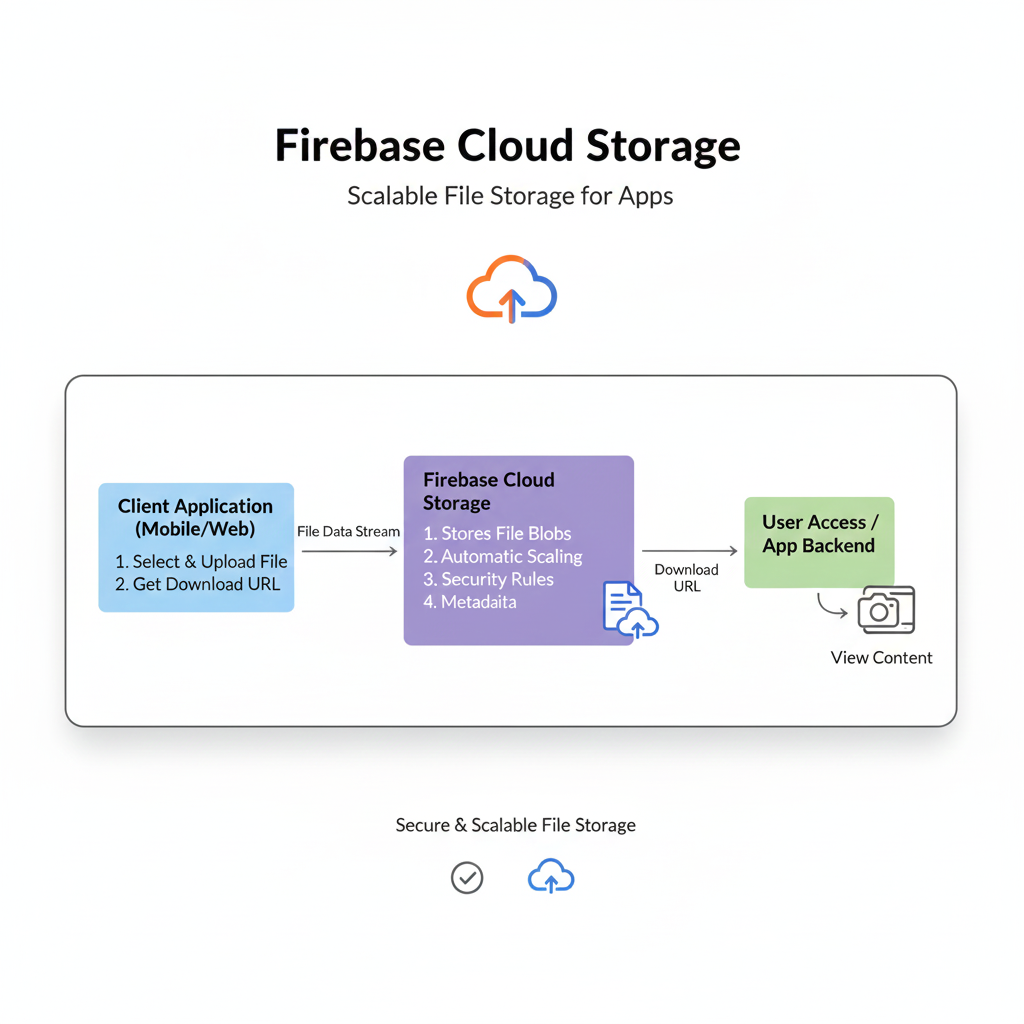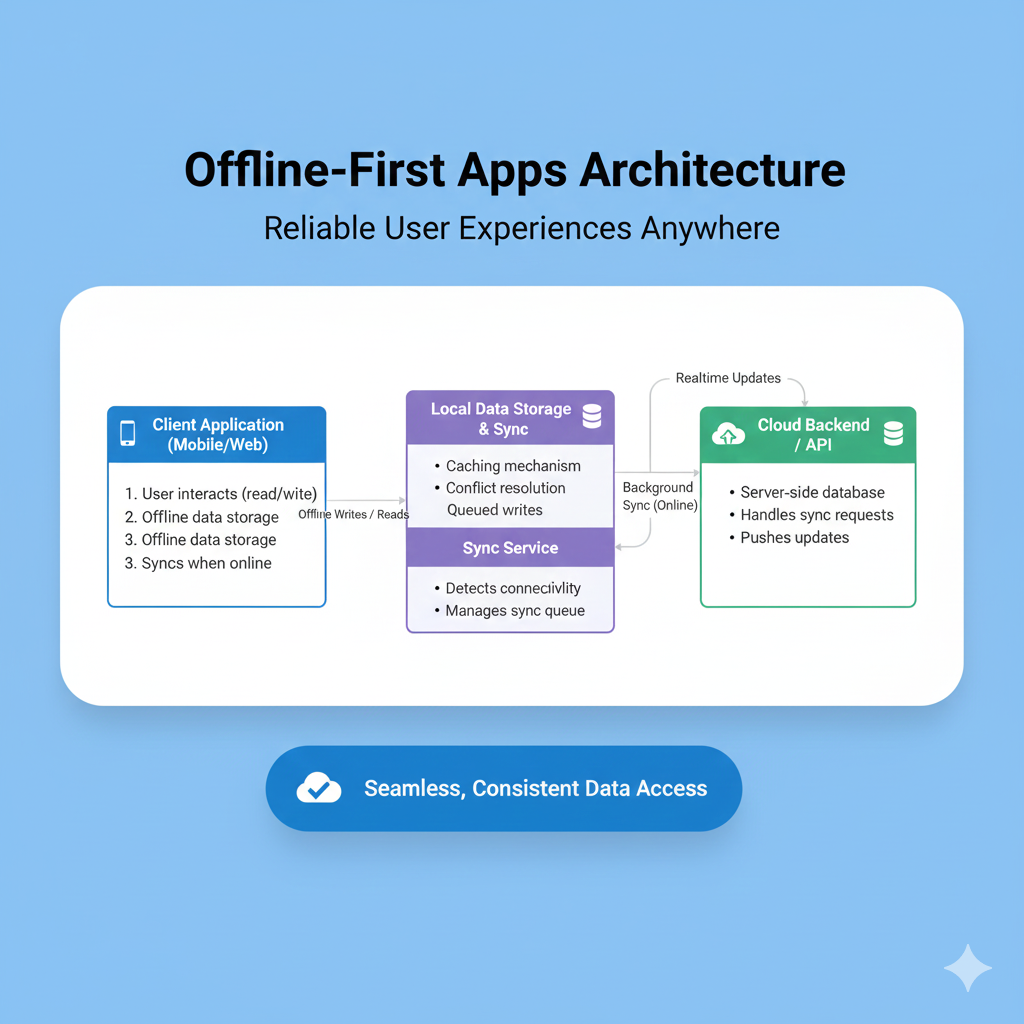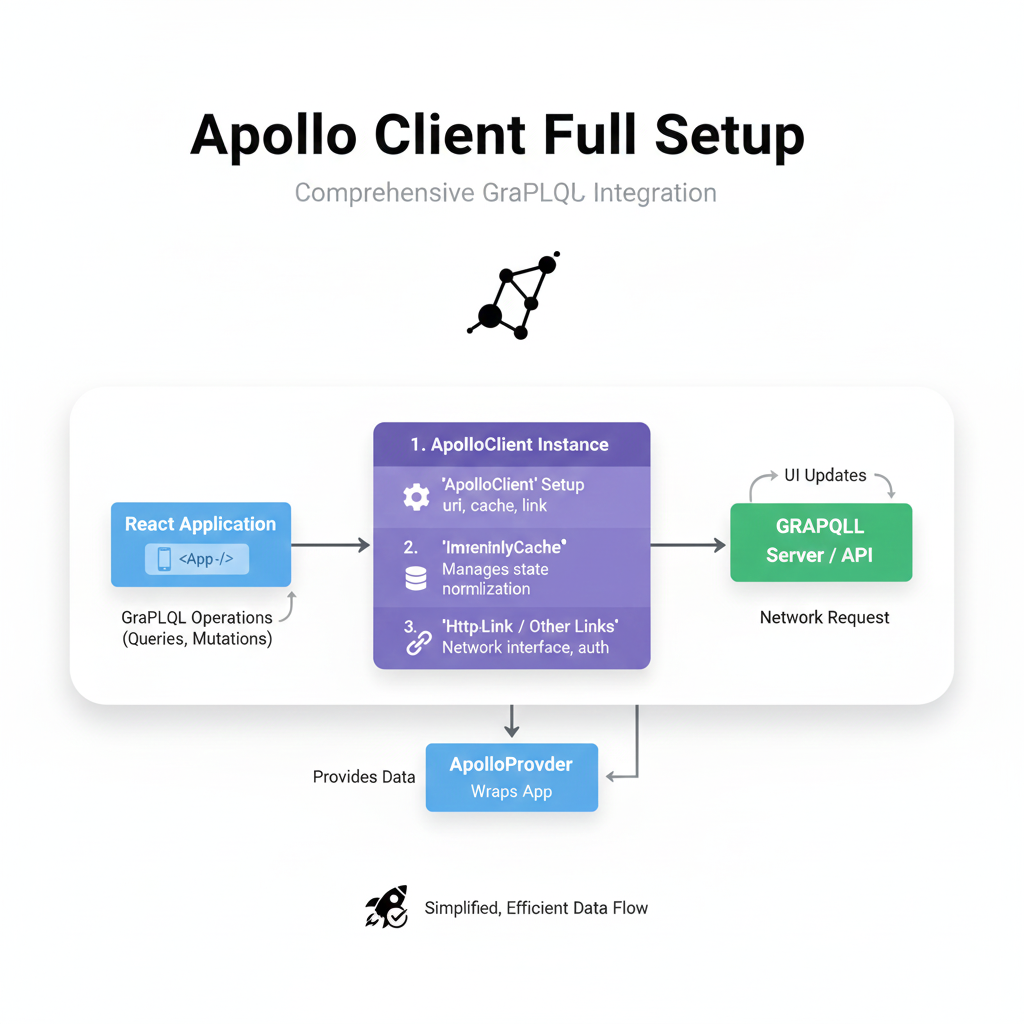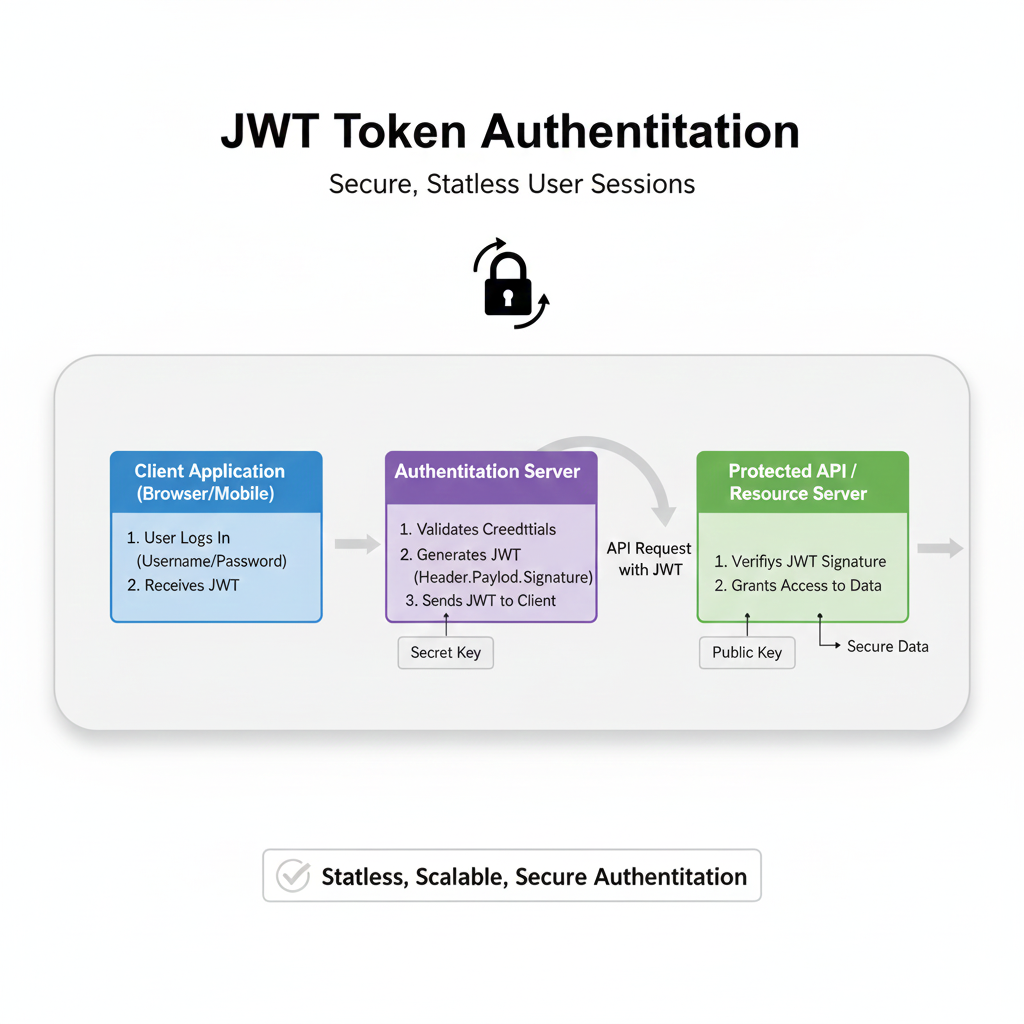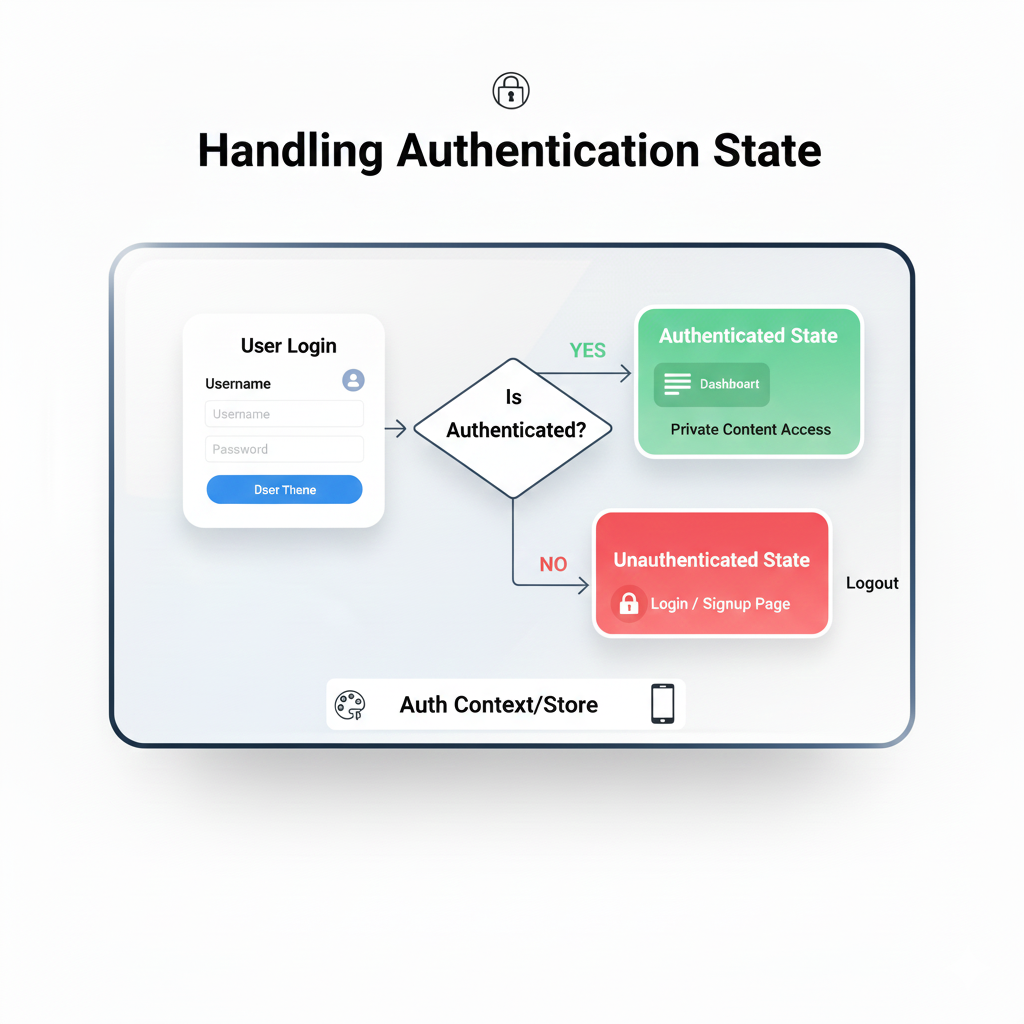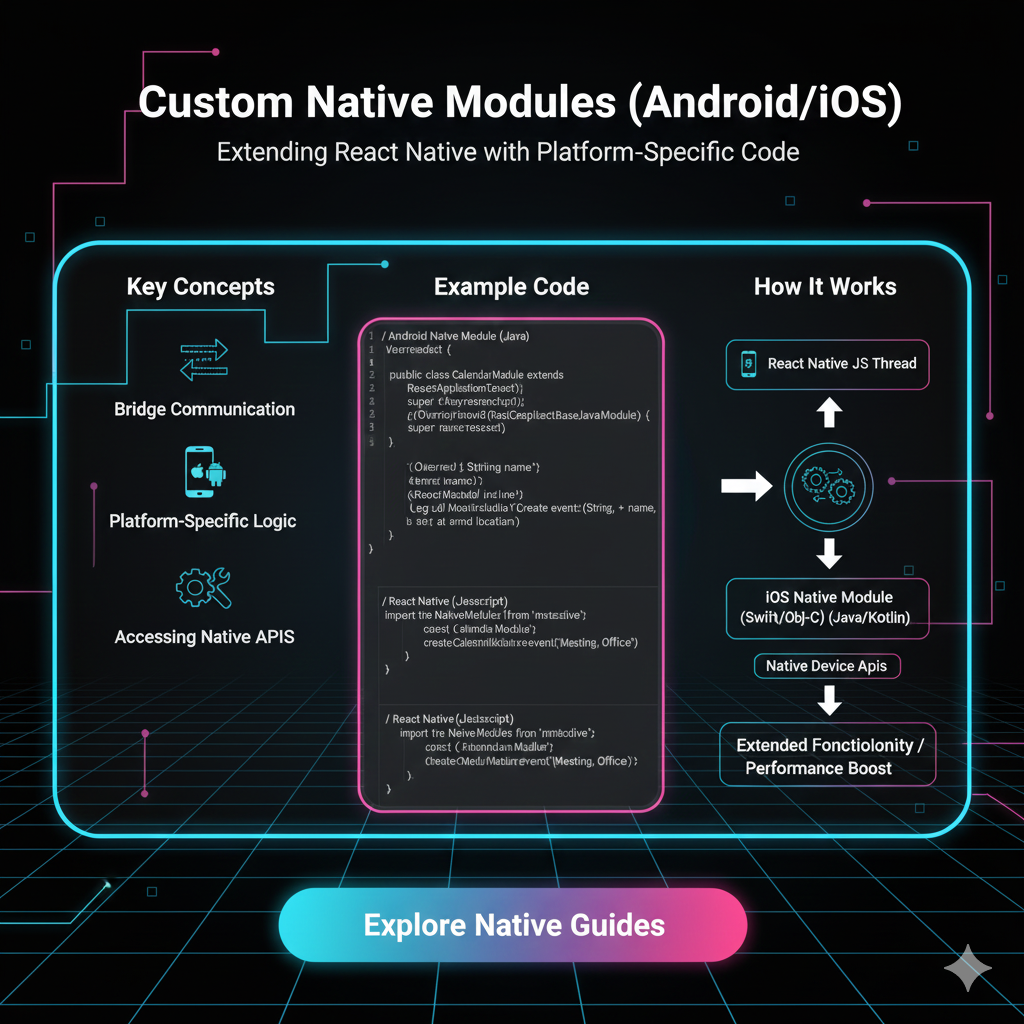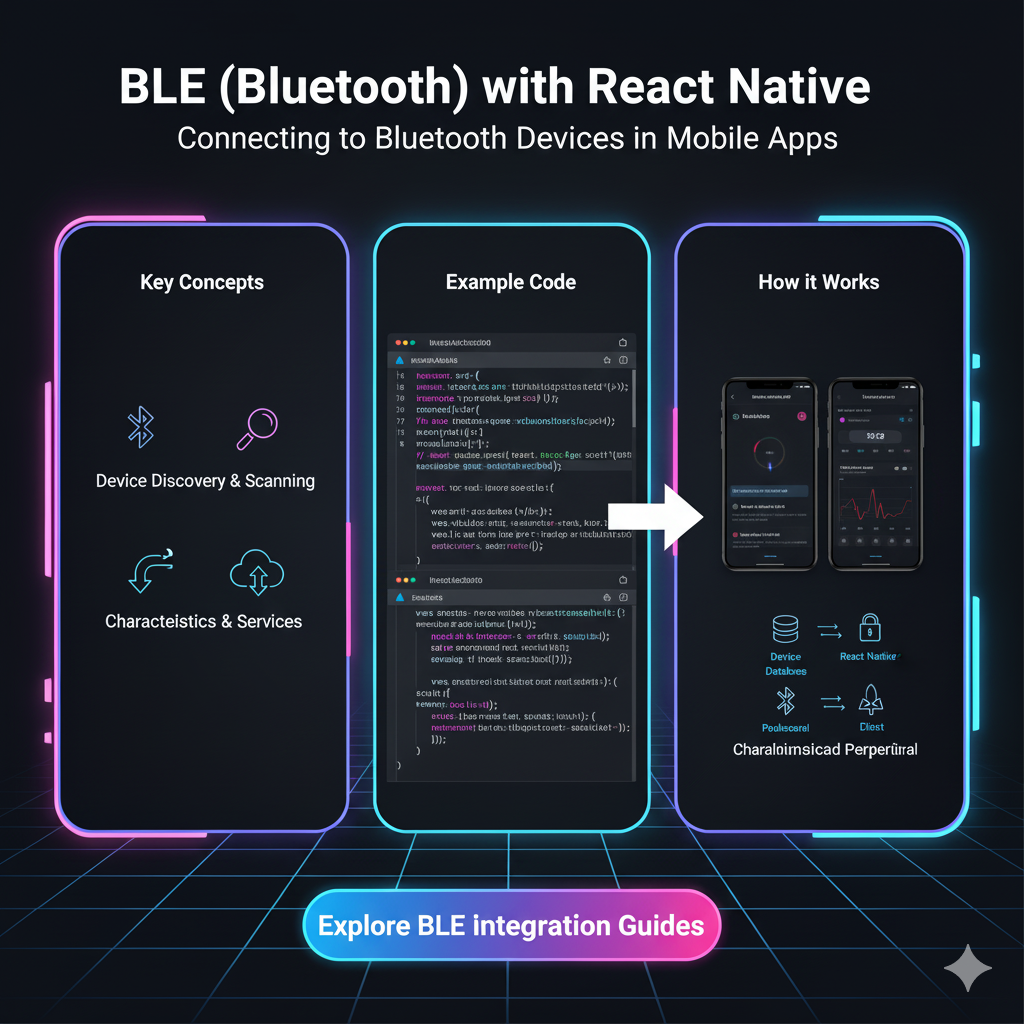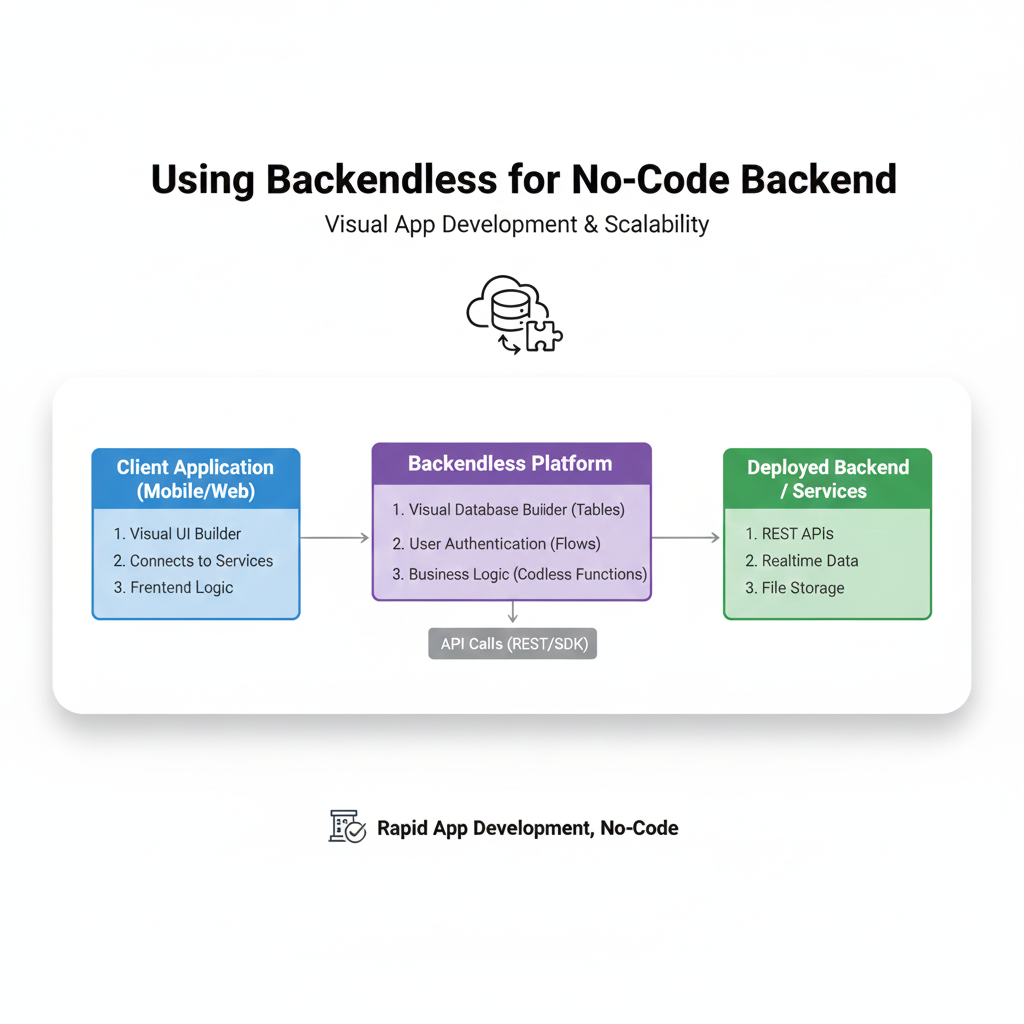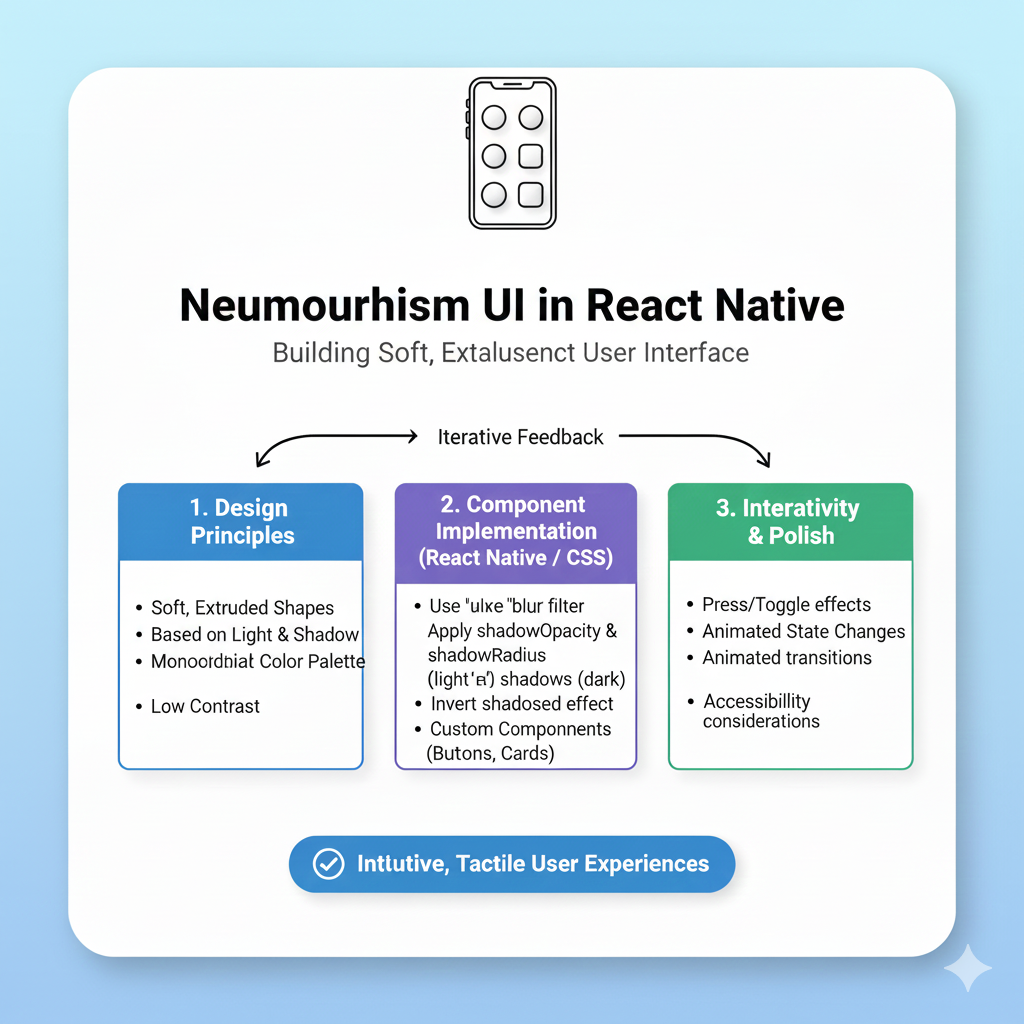Offline Storage Showdown: SQLite vs. Realm DB for Modern Apps
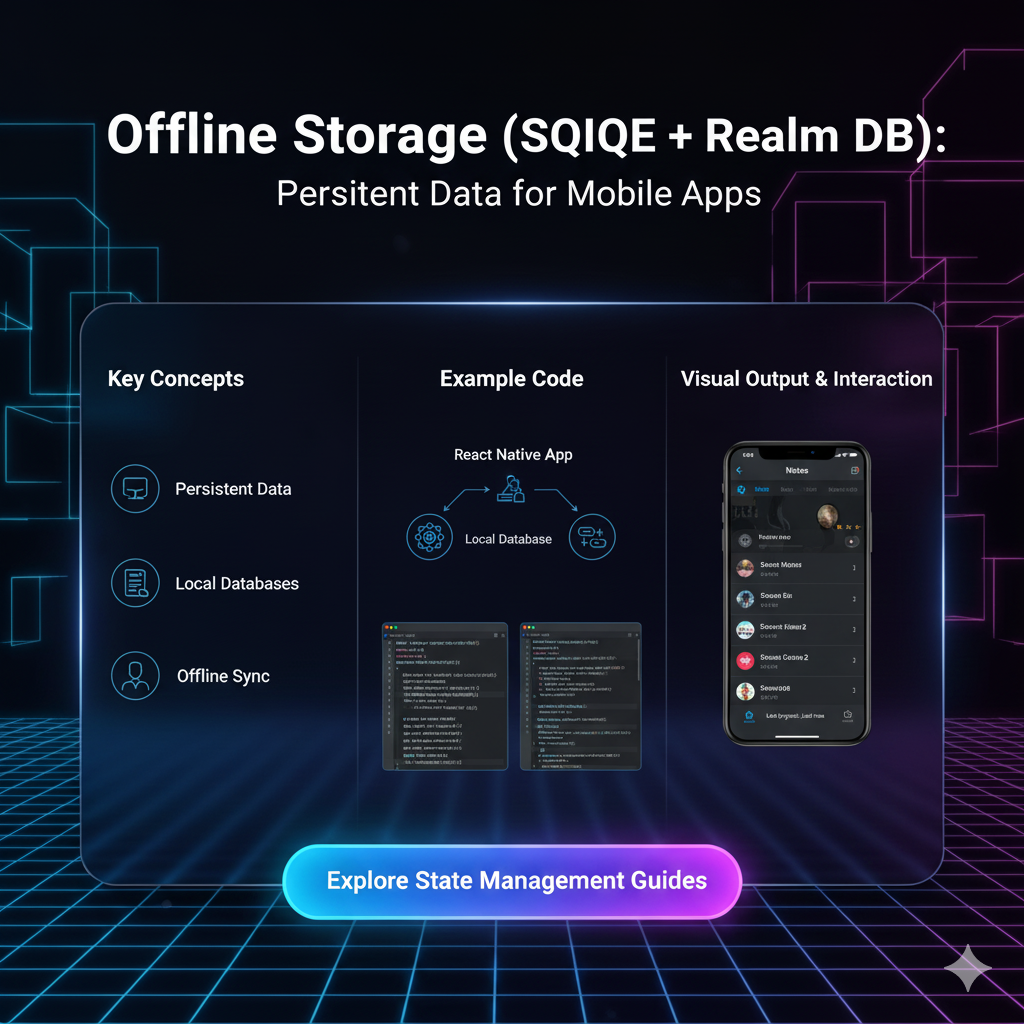
Struggling with mobile app data? Our in-depth guide breaks down SQLite and Realm DB. Learn which offline storage solution is best for your Android & iOS projects. Level up your skills at CoderCrafter.in!
Offline Storage Showdown: SQLite vs. Realm DB for Your Next App
Let's be real. In a world of 5G and hyper-fast Wi-Fi, we still hate those "No Internet Connection" errors. They’re the digital equivalent of your ice cream falling off the cone. As app developers, it's our job to make sure that doesn't happen. How? By mastering the art of Offline Storage.
Think about it. You're scrolling through your social media feed on the subway, or updating your shopping cart in a dead zone. The app doesn't just freeze up and die. It works. That magic? That's robust offline storage at play.
Today, we're diving deep into the two heavyweights in the mobile database arena: the veteran SQLite and the modern contender Realm DB. We'll break down what they are, when to use them, and help you decide which one is the right fit for your project. Buckle up!
First Things First: What Even is Offline Storage?
In simple terms, offline storage is your app's ability to save data directly on the user's device. Instead of constantly pinging a server for every bit of information, the app can store it locally. This means:
It works anywhere, anytime: No internet? No problem.
It's blazing fast: Reading from a local database is way quicker than a network request.
It saves data and battery: Fewer network calls = happier phone, happier user.
It provides a smoother UX: Your app feels more responsive and reliable.
Now, let's meet our champions.
The Veteran: SQLite
What is it?
SQLite is the quiet, reliable workhorse of the database world. It's not a server; it's a self-contained, serverless, zero-configuration, transactional SQL database engine. Fancy words, but what do they mean?
Serverless: The database is just a single file on the device. No need to set up a separate database process.
SQL: It speaks the language of the web. If you know SQL (Structured Query Language), you already know how to talk to SQLite.
SELECT * FROM Users WHERE cool = TRUE;– you get the idea.
How You Actually Use It (The Real Talk)
On Android, you rarely interact with raw SQLite. You use a helper class called SQLiteOpenHelper and, more commonly, Room Persistence Library. Room is a lifesaver—it's an abstraction layer over SQLite that saves you from writing tons of boilerplate code and makes your database interactions type-safe.
Example (Using Room on Android):
Let's say we're building a note-taking app.
Entity (The data model):
kotlin
@Entity data class Note( @PrimaryKey(autoGenerate = true) val id: Long = 0, @ColumnInfo(name = "title") val title: String, @ColumnInfo(name = "content") val content: String, @ColumnInfo(name = "timestamp") val timestamp: Long )DAO (Data Access Object - The "how" we interact with data):
kotlin
@Dao interface NoteDao { @Query("SELECT * FROM note") fun getAll(): List<Note> @Insert fun insert(note: Note) @Delete fun delete(note: Note) }Database (The central hub):
kotlin
@Database(entities = [Note::class], version = 1) abstract class AppDatabase : RoomDatabase() { abstract fun noteDao(): NoteDao }
See? It's structured, clean, and leverages familiar SQL concepts.
Real-World Use Cases for SQLite:
Storing user preferences and settings.
Caching news articles, blog posts, or product catalogs.
Saving complex, relational data (e.g., an expense tracker with categories and expenses).
Pretty much any app that needs structured, persistent storage.
The New Kid on the Block: Realm DB
What is it?
Realm is a modern, object-oriented alternative to SQLite. It was built from the ground up for mobile and is crazy fast. The biggest mental shift? You don't work with rows and columns; you work directly with objects.
Think of it like this: SQLite gives you a spreadsheet, and you have to write queries to get data out. Realm gives you the actual data as live, updating objects in your code.
Key Features That Make Realm Shine:
Object-Oriented: Your database models are your code models. No more converting between
Cursorobjects and your data classes.Live Objects: Queries are "live." If you change data in one part of your app, the UI observing that data automatically updates. This is a game-changer for reactive programming.
Easy to Use: The API is incredibly developer-friendly. Less boilerplate, more productivity.
Example (Using Realm in a To-Do App):
Define your Realm Object:
kotlin
open class Task : RealmObject() { var id: String = ObjectId().toHexString() // Auto-generate ID var title: String = "" var isCompleted: Boolean = false var createdAt: Date = Date() }CRUD Operations are a Breeze:
kotlin
// Write to the database realm.writeBlocking { copyToRealm(Task().apply { title = "Buy groceries" isCompleted = false }) } // Query the database (and this query is LIVE!) val incompleteTasks = realm.query<Task>("isCompleted == $0", false).find()
Real-World Use Cases for Realm:
Apps requiring real-time data synchronization (Realm has a fantastic built-in sync service, MongoDB Realm Sync).
Complex data models where the object-oriented approach is more intuitive.
Performance-critical applications like gaming or heavy data processing.
When you want to avoid the complexity of ORMs and want a more native feel.
Head-to-Head: SQLite (with Room) vs. Realm
Let's break it down in a simple table.
Feature | SQLite (with Room) | Realm DB |
|---|---|---|
Ease of Use | Good (thanks to Room), but still has a learning curve with SQL. | Excellent. Very intuitive and object-oriented. |
Performance | Very fast for most use cases. | Often faster, especially for complex queries and writes. |
Data Model | Relational (Tables, Rows, Columns). | Object-Oriented (Direct Objects). |
Live Data | Requires LiveData or Flow observables from Room. | Built-in. Queries are live and auto-updating. |
Platform Support | Primarily Android, with other wrappers available. | Cross-platform. Android, iOS, and others share the same core. |
Learning Curve | Easier if you already know SQL. | Easier if you're new to databases or prefer OOP. |
Sync Solution | You have to build your own or use other services. | Built-in & Seamless with MongoDB Realm Sync. |
So, Which One Should You Choose?
This is the million-dollar question.
Go with SQLite (and Room) if:
You or your team are already comfortable with SQL.
Your data is highly relational and fits the table structure perfectly.
You're working on an Android-only project and want a battle-tested, Google-supported solution.
You need fine-grained control over your database schema and migrations.
Go with Realm if:
You want a modern, fast, and incredibly developer-friendly experience.
You're building a cross-platform app (Android & iOS) and want to share data models.
Your app needs real-time sync capabilities out-of-the-box.
You hate writing boilerplate code and want to work directly with objects.
Best Practices for Offline Storage (Regardless of Your Choice)
Do Heavy Lifting Off the Main Thread: Database operations can be slow. Always use background threads (like Kotlin Coroutines, RxJava, or Realm's built-in async queries) to avoid freezing your UI.
Plan Your Migrations: Your data model will change. Plan for how you'll migrate user data from an old version of your app to a new one. Both Room and Realm have tools for this.
Don't Store Everything Forever: Implement a caching strategy. Know when to evict old data to keep your database lean and fast.
Encrypt Sensitive Data: If you're storing personal user information, use encryption. Both SQLite (via SQLCipher) and Realm offer built-in encryption support.
FAQs
Q1: Can I use both SQLite and Realm in the same app?
Technically, yes. But it's like having two different filing systems in one office—it gets messy and complicated. It's best to stick with one for consistency.
Q2: Is Realm free to use?
Yes! The core Realm database is completely open-source and free. The paid part is their MongoDB Realm Sync service for cloud synchronization, which has a free tier generous enough for many apps.
Q3: I'm a complete beginner. Which one should I learn first?
This is a tough one. If your goal is to become a professional Android developer, learning SQLite with Room is essential as it's the standard on the platform. However, starting with Realm can be less frustrating and help you grasp core concepts of data persistence more quickly due to its simpler API.
Q4: Is SQLite going away?
Absolutely not. It's a fundamental piece of technology used in billions of devices. It's reliable, stable, and not going anywhere.
Wrapping It Up
Choosing between SQLite and Realm isn't about finding the "best" database; it's about finding the best tool for your specific project.
SQLite with Room is the robust, reliable, and standard choice for Android development. Realm is the powerful, modern, and incredibly convenient option that can seriously boost your productivity, especially for cross-platform or real-time apps.
Mastering offline storage is a non-negotiable skill for any serious app developer. It's what separates a flaky, network-dependent app from a polished, professional one.
Ready to build professional, production-ready apps that work flawlessly online and offline? To learn professional software development courses such as Python Programming, Full Stack Development, and MERN Stack, visit and enroll today at codercrafter.in. Our project-based curriculum will give you the hands-on experience you need to make these critical architectural decisions with confidence.
